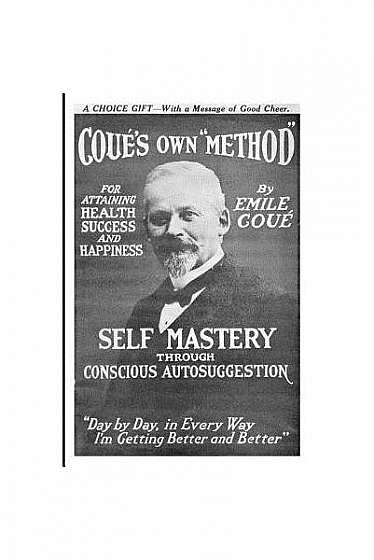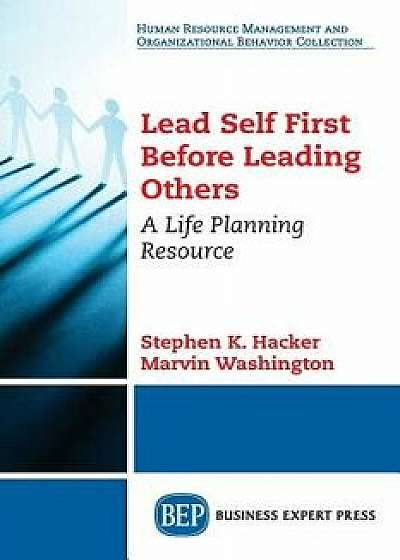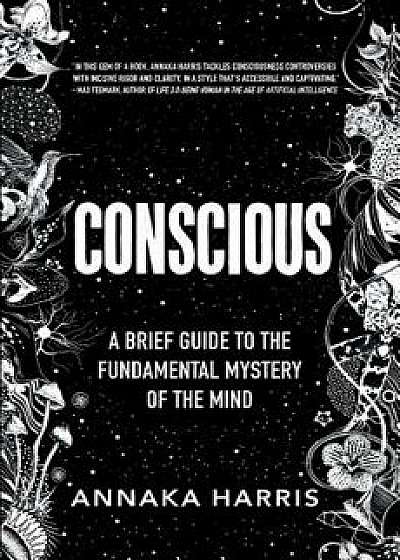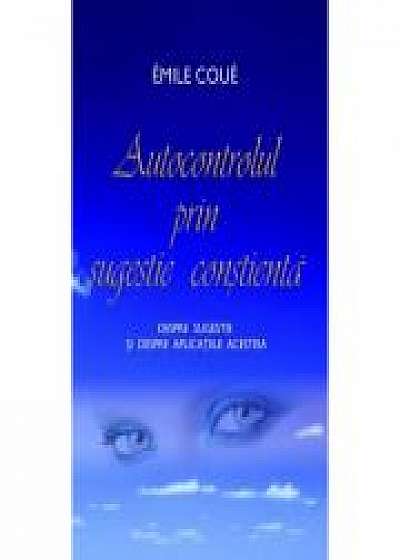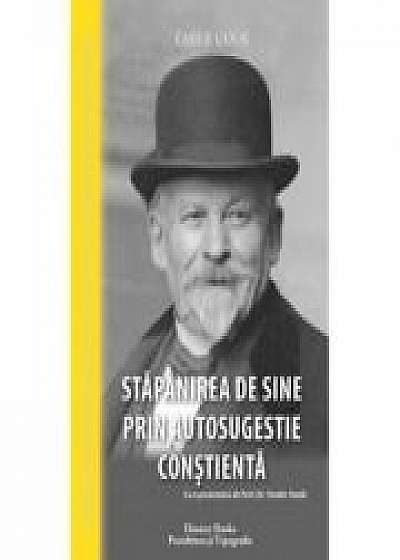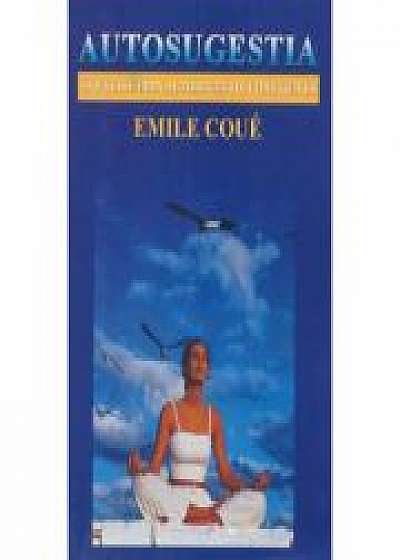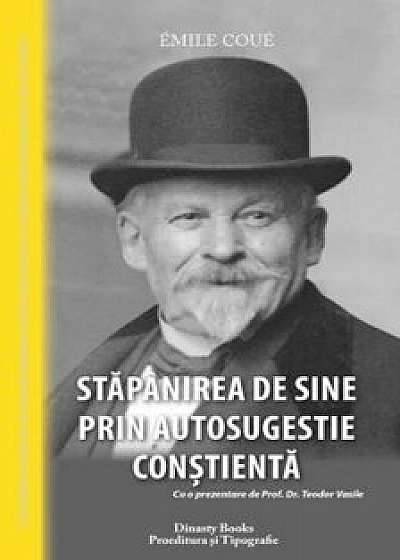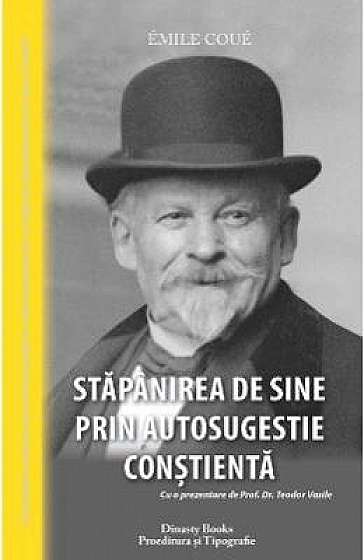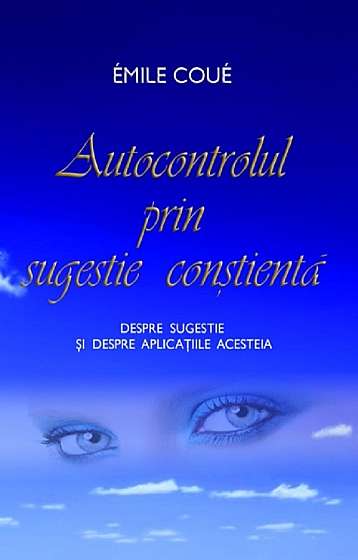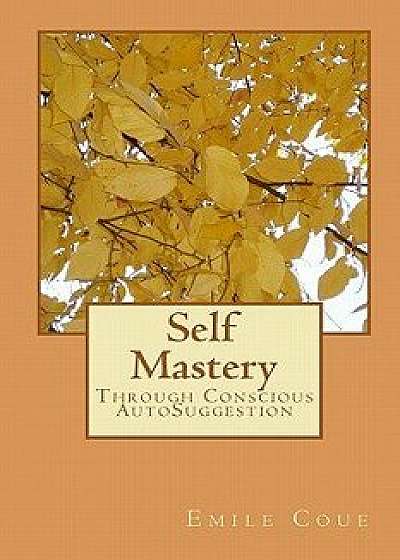
Self Mastery: Through Conscious Autosuggestion, Paperback/Emile Coue
Descriere
Description The Method and Writings of Emile Coue' "Every thought entirely filling our mind becomes true for us and tends to transform itself into action." Cou noticed that in certain cases he could improve the efficiency of a given medicine by praising its effectiveness to the patient. He realized that those patients to whom he praised the medicine had a noticeable improvement when compared to patients to whom he said nothing. This began Cou 's exploration of the use of hypnosis and the power of the imagination. His initial method for treating patients relied on hypnosis. He discovered that subjects could not be hypnotized against their will and, more importantly, that the effects of hypnosis waned when the subjects regained consciousness. citation needed] He thus eventually turned to autosuggestion, which he describes as an instrument that we possess at birth, and with which we play unconsciously all our life, as a baby plays with its rattle. It is, however, a dangerous instrument; it can wound or even kill you if you handle it imprudently and unconsciously. It can, on the contrary, save your life when you know how to employ it consciously. About the author In 1901 he began to study under Ambroise-Auguste Liebeault and Hippolyte Bernheim, two leading exponents of hypnosis. In 1913, Coue and his wife founded The Lorraine Society of Applied Psychology (French: La Societe Lorraine de Psychologie appliquee). His book Self-Mastery Through Conscious Autosuggestion was published in England (1920) and in the United States (1922). Although Coue's teachings were, during his lifetime, more popular in Europe than in the United States, many Americans who adopted his ideas and methods, such as Norman Vincent Peale, Robert H. Schuller, and W. Clement Stone, became famous in their own right by spreading his words.
